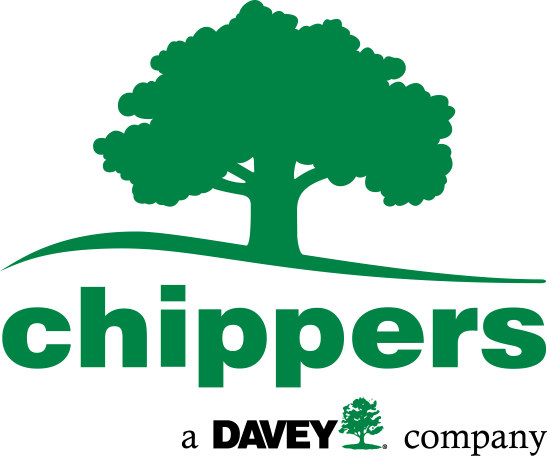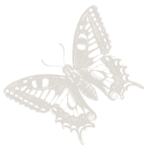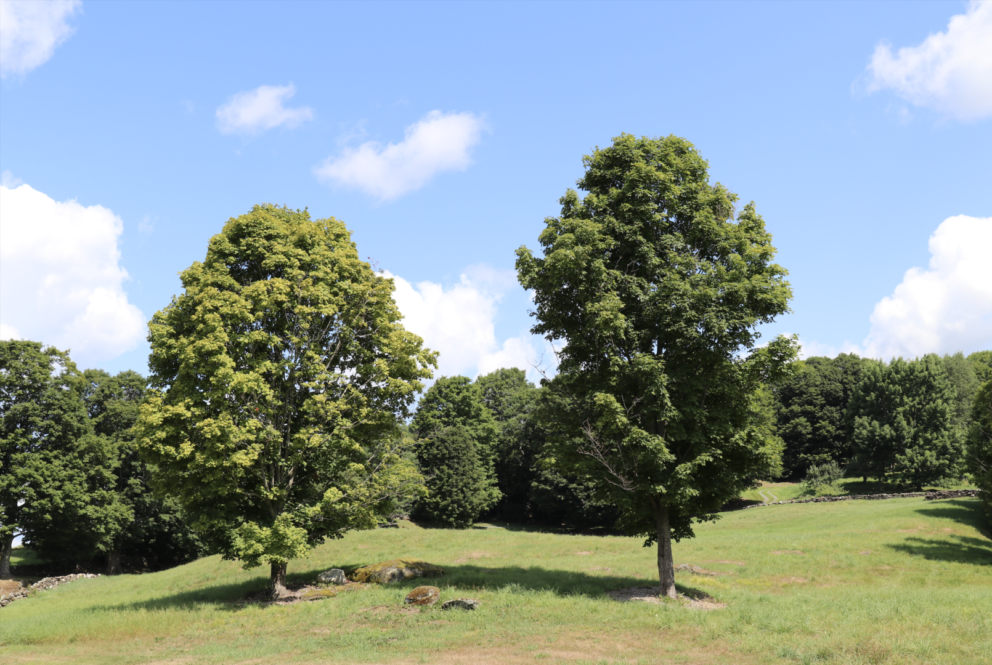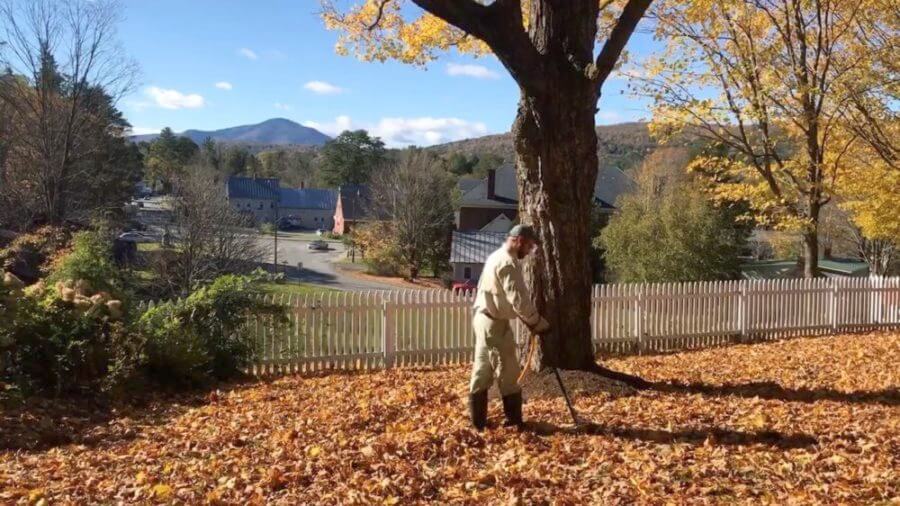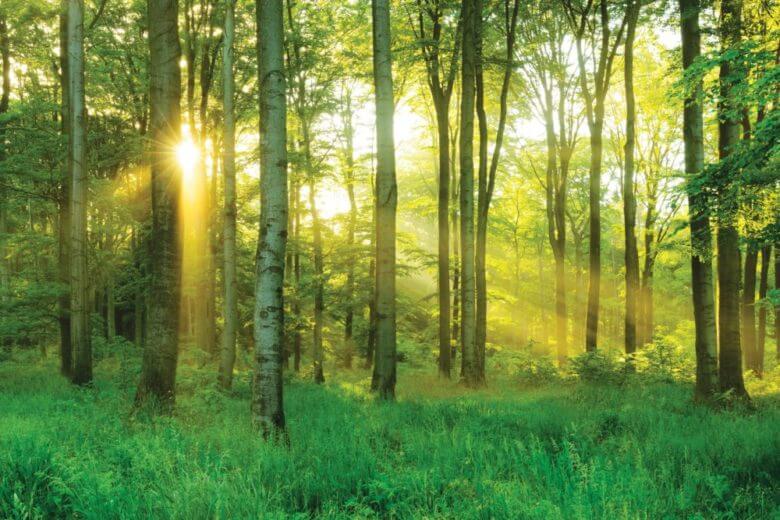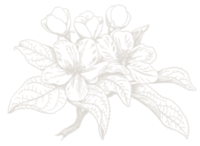Plant Health Care
What is Plant Health Care?
Plant Health Care (PHC) is a holistic approach to caring for your trees, shrubs and herbaceous plants, with the goal of improving and maintaining the health and aesthetics of your landscape. A true PHC program draws from different strategies including cultural, biological and pest/disease control treatments.
Cultural methods are the foundation to a healthy and sustainable landscape. This involves thoughtful selection and placement of new plant materials, proper planting techniques, adequate watering, mulching, soil improvement and pruning to promote health and mitigate tree failure.
Biological control includes the use of natural parasites, pathogens and predators of pests. Many of these beneficial organisms exist naturally in the landscape and can be promoted by increasing plant material diversity and reducing pesticide usage.
Certain pests and diseases will require treatment, for which we utilize a broad array of natural, organic, and synthetic products. Many of these products are considered to be “biorational”, a word to describe products that have low environmental impact. For more information on biorational, we recommend these university extension sites: UVM and UMass
Why is Plant Health Care Important?
Trees are inherently at a disadvantage when growing in a planted landscape setting due to turf competition, lack of soil microorganisms, compaction, poor drainage and low levels of organic matter. In addition, with the continued effects of climate change creating unpredictable weather events such as drought, wet spells and an overall warming trend, we are seeing higher levels of pest and disease pressure on plants that may already be under stress due to these weather extremes. The trees, shrubs and herbaceous plants that compose our landscapes contribute immensely to the health, function and value of the property, and need to be managed properly to increase long-term benefits. Chippers ISA Certified Arborists will evaluate your landscape and build a custom PHC program that is suited to your specific needs.
Assessment & Monitoring
Our professional arborists examine a single plant or entire groups to determine the best approach for maintaining or improving the health of your landscape.
The first step to addressing plant health problems is to properly identify the host plant and the pest or disease (biotic factors) affecting the plant. We often take plant tissue samples for laboratory analysis to aid in identification or verify our field diagnosis. We may also collect root zone soil samples for laboratory analysis of pH, organic matter content and macronutrients. Results will help determine the need for a pH adjustment or fertilizer applications to improve soil conditions.
We also investigate environmental factors such as soil compaction, poor drainage, and improper planting depth (abiotic factors). These conditions are often the “root” of the problem and must be corrected first or in combination with a pest or disease problem.
Our licensed, trained and dedicated technicians (see our credentials) build a strong working relationship with our clients and over time gain a deep understanding of each client’s landscape. This creates a stronger PHC program year-after-year as we learn what specific issues are common in a landscape, allowing us to be proactive and make modifications to annual programs.
Concern for the Environment
We are excited to offer biorational and hybrid programs that focus not only on the health of the individual trees and shrubs, but also on the health of the soil and surrounding ecosystem to foster an environment where your landscape plants will thrive.
With our dedication to environmental stewardship and commitment to offering our services to every client, we are proud to be one of the few companies to be certified by the NH Department of Pesticide Control to treat ornamentals and trees (and lawns) in the NH Sunapee Region watershed. A special permit was just issued to allow us to provide a variety of trunk injection treatments for valuable trees growing right up to the water’s edge. Our advanced trunk injection system allows us to deliver products directly into the vascular system of the tree without any risk or overspray or soil leaching. These treatments can address difficult pests and diseases like boring insects, mites, scale, and Dutch elm disease.
Our precise use of organic, natural, biorational and non-biorational synthetic products around these vital water resources extends to each and every client’s landscape, exemplifying our commitment to the environment while providing our clients with the results they expect.
Neonicotinoids & Bees
Consumer awareness and concern continues to rise surrounding a specific class of pesticides known as “neonicotinoids” and their suspected negative impact on pollinators and other beneficial insects. Chippers has always used these products responsibly and in a manner that reduces risk as much as possible.
While our Turf Division is no longer using any neonicotinoid, the PHC division continues to use these products only for specific pests via very targeted application methods to significantly the reduce risk to pollinators. Bark sprays and soil injection applications deliver the product quickly and safely to the tree for preventative and curative treatments for difficult pests such as wood boring beetles, leaf miners and scale insects that affect many of our trees and shrubs.
Our ultimate goal is to significantly reduce or even bypass the need for any product applications by improving the growing conditions for your trees and shrubs. Our natural fertilizers and organic soil amendments are designed to feed the soil biology and promote the growth and development of a healthy ecosystem. Just one cup of healthy soil contains billions of microorganisms that naturally protect against pests and disease. The basis for growing a beautiful and sustainable landscape is rooted in nutrient-rich and productive soil.
Disease & Pest Control Programs
Biorational
Our biorational program uses organic, natural and biorational products. Biorational products have the ability to control many common pests and diseases with minimal disruption to the environment and its inhabitants. Some of these products are synthetic, but are recognized by the EPA to have very low environmental risks and break down rapidly into harmless byproducts. This program is well suited for sensitive areas or waterfronts, and people who wish to use only the lowest impact products available. Many of these products are certified by the Organic Materials Review Institute (OMRI) and are approved for use on organic certified properties and farms. For more information on the term biorational, we recommend these university extension sites: UVM and UMass
Hybrid
Our hybrid program allows our technicians to use a broader array of products including organic, natural, biorational and non-biorational synthetic. It is important to understand that some pests and diseases can only be effectively controlled with non-biorational synthetic products. However, by using targeted application techniques we can achieve control of these difficult pests and diseases with minimal impact to the environment. This program is ideal for landscapes that experience more severe pest or disease outbreaks or landscapes that may require the use of certain products not considered to be biorational. However, we always strive to use the lowest impact treatments whenever possible.
Biostimulant Applications
Our proactive programs mean that if insects and disease are at or below an acceptable threshold, then a visit may consist of applying a biostimulant to feed beneficial soil organisms, boost plant growth and increase plant health naturally. These products may contain different types of beneficial microorganisms, trace nutrients and humic acid. Vigorous trees and shrubs that are growing in biologically diverse and healthy soil are much more resistant to pest and disease outbreaks and environmental stressors

PHC Services
Tree & Shrub Fertilization
We use a soil-injected fertilizer blended with naturally-derived nutrients. We also add humic substances (nature’s way of assisting in the movement of nutrients from soil to plant), seaweed extract, and trace minerals. This blend is a rich energy source for supporting and increasing the soil food web. Methodically applied in either the spring or fall, with an annual or biennial mix, it nourishes and sustains your trees or shrubs. We use a hydraulic system which is difficult to replicate without the use of high pressure pumps and soil injection devices for optimum delivery of the product in large volumes.
We even have specialized post-construction fertilizer solutions to help trees rebound from the stress of nearby construction. For more on the importance of protecting your trees during construction, click here.
For more information watch our fall fertilization video:
Trunk Injections
We utilize the latest in advanced technologies to inject directly into the vascular system of a tree with minimal damage for treatments of several insects and diseases such as Dutch elm disease, emerald ash borer and bacterial blights. We can also treat for growth and seed/flower reduction. Growth reduction has many benefits and is an excellent product to aid in the health of important older trees.
Growth Regulation
Cambistat is a growth regulator that reduces a tree’s canopy growth by 40-70% over a three-year period. Slow growing trees product stronger wood and are more resistant to pests and diseases. Reducing above-ground growth also reduces the amount of pruning, prevents overcrowding of competing trees, maintains vista views, promotes root growth, and increases heat and drought tolerance. This treatment can help increase the overall health and beauty of valuable shade trees and ornaments growing in your landscape.
Click here for more information on using Cambistat to reduce growth.
Emerald Ash Borer (EAB)
The emerald ash borer (EAB) is an invasive beetle that has killed hundreds of millions of ash trees in North America since its discovery Michigan in 2005. As a non-native insect, EAB lacks predators to keep it in check. The larvae of the beetle attack ash trees and the infested trees die within three to five years. As of May 2020, 106 NH towns and 7 of its 10 counties have confirmed infestations. On February 28, 2018 it was announced that VT had its first confirmed infestation in Orange County and has now spread to 11 of Vermont’s 14 counties.
Individual high-value trees can be saved by treating them with insecticides, but it is best to treat preventatively, before the tree is attacked. We currently use the most advanced products and injection tools to treat ash trees. We offer a trunk injection treatment that has been proven to prevent EAB infestation for a full two years. We strongly advise our clients to begin a biennial treatment program for any valuable ash trees they wish to preserve.
For more information on EAB, visit the state website for New Hampshire and Vermont
Click here for our Notes from the Arborist for more information on the signs of EAB and how they inflict damage.
Summer Stress Relief
This treatment helps to alleviate summer stress related to heat and drought by adding needed moisture, feeding the soil and helping the root system access water and nutrients. This natural and organic soil-injected liquid blend delivers water, soil conditioners, biostimulatns and humic substances directly to the root zone of the tree or shrub. During the most challenging part of the growing season, this mixture focuses on feeding the soil and stimulating the root system. We do not want to push new growth, so the blend does not contain fertilizer. Click here for more information on our Summer Stress Relief Blend.
Soil Amendments
We offer an organic soil supplement containing advanced composts, carbon and soluble humates to improve soil health. Healthy soil has a diverse biology that is rich in organic matter, contains stable carbon, supports a diverse ecology, and retains water and nutrients. This product replicates the fall leaf litter and forest debris that is absent from most landscape soils. Over time, repeat applications will continue to build soil health and increase plant health and vigor naturally.
Winter Protections
For season-long deer browse suppression, we use DeerPro®, a Thiram-based deer repellent.
Anti-desiccant treatments, applied in the late fall into early winter and early spring before the soil is able to warm, prevent wind burn, winter kill and drought damage. Drought and frozen ground will prevent roots from taking up water while foliage continues to lose moisture due to drying winds.
Compacted Soil Treatments
Most soil in the home landscape has been compacted, graded, or removed and replaced with sub-par material lacking in biological diversity. Soil compaction impedes water infiltration and reduces total pore space that limits water availability. Shallow, compact and poorly drained soils force the tree to concentrate roots very close to the surface, which are very susceptible to desiccation. Trees depend heavily on symbiotic relationships with countless soil microorganisms to access water and nutrients within the soil.
We use an airspade, which is a tool that applies a non-damaging stream of supersonic air to penetrate and dislodge compacted soil. Depending on the soil conditions, we may add high quality topsoil and compost into de-compacted areas to improve soil health.
Mulch
The installation of mulch around the base of a tree or group of trees to protect the root flare, mitigate heat and drought stress, add organic matter to the soil and reduce soil compaction. It’s important to point out that many well-intentioned homeowners and even landscapers pile too mulch around the root collar. This is commonly known as a “mulch volcano”. Mulch above the root collar can cause bark death and decay, harbor damaging insects and disease and contribute to decline. It can also encourage the growth of girdling roots that encircle the main stem and cut off water and nutrient flow.
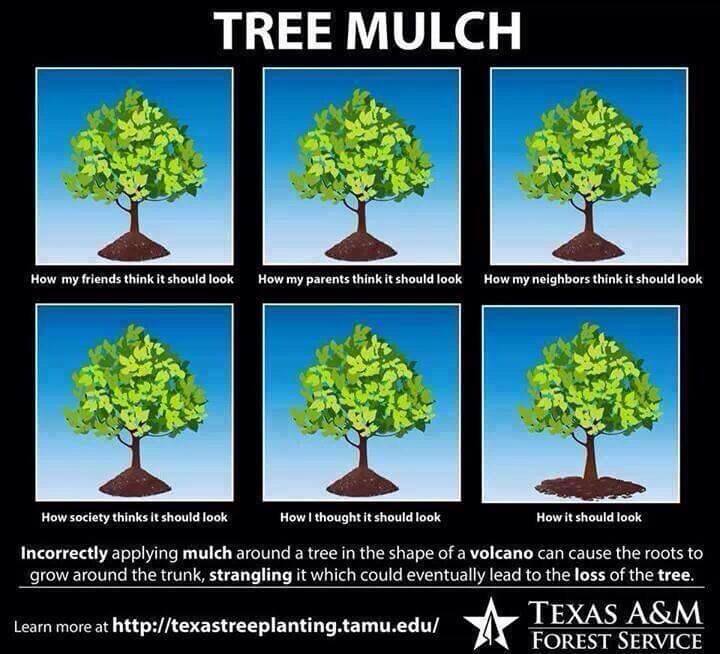
Inventory Mapping
Thorough inspection for inventory and mapping of legacy trees and other important trees on a property by an ISA Certified Arborist or an ASCA Consulting Arborist. Species, size, condition, coordinates and maintenance records are recorded for each tree.
Irrigation
We provide a watering service for your trees and shrubs, particularly important for those that are newly planted. The service can be scheduled throughout the summer months, done on an as-needed basis and charged per visit.
Invasive (Exotic) Pest Watch
In addition to the emerald ash borer information above, there are two other very destructive invasive insects that threaten to or have already made their way into New Hampshire and Vermont. These insect pests are called exotic because they are not native to our country and have no natural enemies: Asian Longhorned Beetle (this was in NH and successfully eradicated for now) and Hemlock Woolly Adelgid (confirmed in NH and VT).
For more information or to report an invasive pest in Vermont or New Hampshire visit:
https://www.vtinvasives.org
https://nhbugs.org/
Please email planthealthcare@chippersinc.com for more information about any of the services listed on this page.
Click here for a PDF of all of our Green Care Services.
Click here for Notes from the Arborist PDFs.
Testimonials
Your Chippers

ISA Certified Arborist
ISA Tree Risk Assessment Qualification
TCIA Certified Treecare Safety Professional
Forest Technology Degree
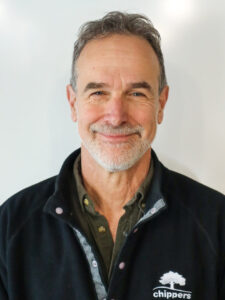
ISA Certified Arborist
NH Arborist Association Certified Arborist
ASCA – Member Consulting Arborist
VT Association of Professional Horticulturists
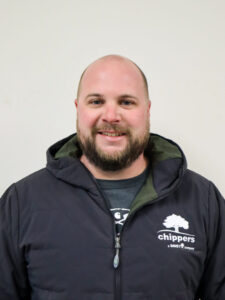
ISA Certified Arborist
TCIA Certified Treecare Safety Professional
TCIA Electrical Hazards Awareness Program Certified
New England Crane School Basic Rigging Certification
AAS Arboriculture and Landscape Management

ISA Certified Arborist
ISA Tree Risk Assessment Qualification
NHAA Certified Arborist
TCIA Certified PHC Technician
VT/NH Licensed Plant Health Care Applicator
BS in Forest Ecosystem Science
Meet Gabe Kellman, Assistant District Manager & Sales Consultant Enfield Office

NH & VT Applicator’s Licenses
ISA Certified Arborist NE-7692A
Related Blog Posts
Summer Care for Trees
In recent years we seem to be experiencing more severe droughts and more erratic wet spells during the growing season.…
Why Should I Fertilize My Trees In The Fall?
This video shows Chippers’ Plant Health Care technician injecting a liquid fertilizer solution into the soil around several Sugar maples.…
Who Are the Best Tree Care Companies in NH and VT?
Three years ago I lost a dear friend in a tree felling accident at his home. My friend loved the…
